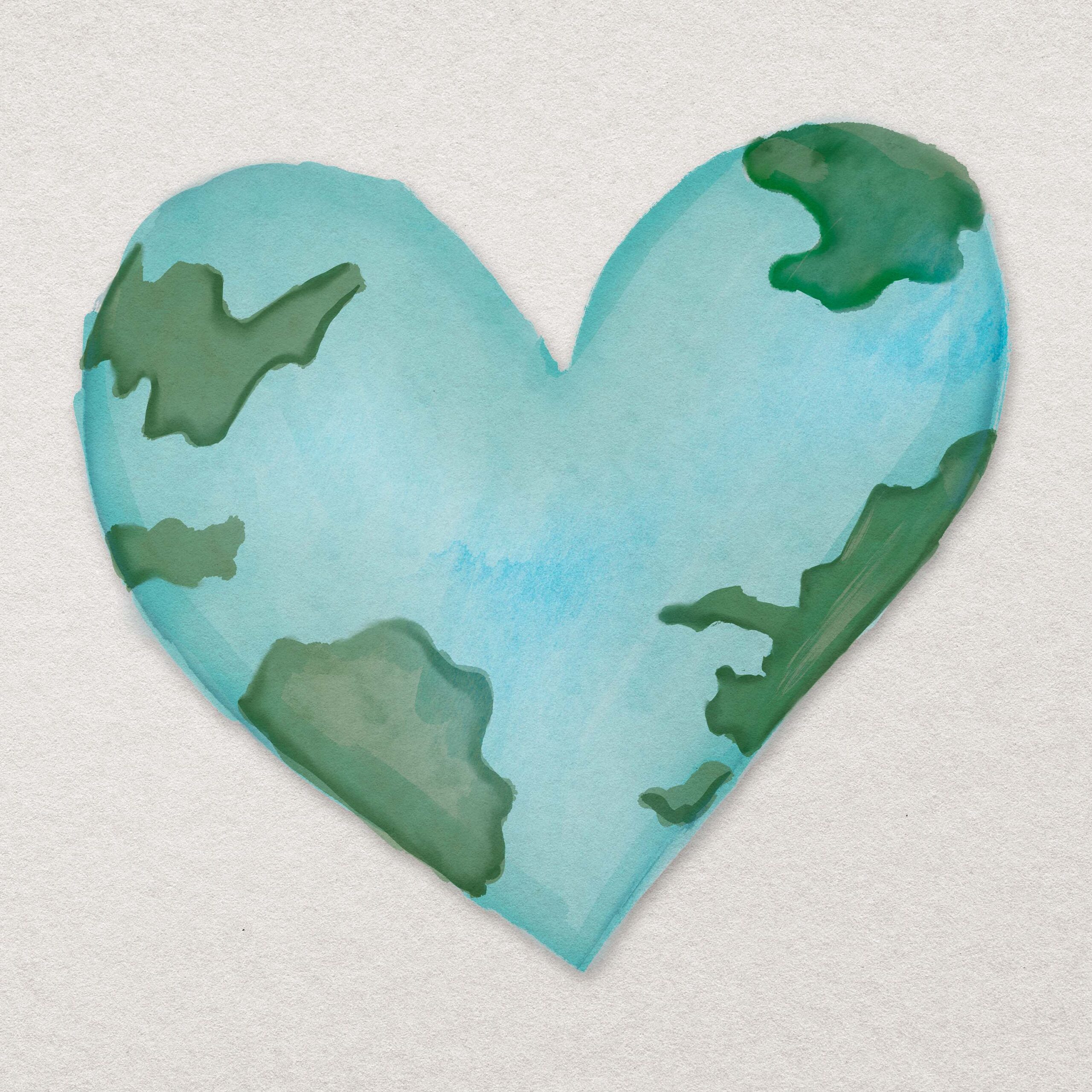
Volunteering is when you spend unpaid time willingly to engage in an activity that benefits another person, a cause, a social welfare organisation or charity.
Giving the gift of your time, skills, talents and experience to help others can make a huge difference both to your life and the lives of those around you.
Society is enriched by the goodwill of volunteers. Each simple act of kindness is a great way to give back, while reminding the most vulnerable in your community that you care.
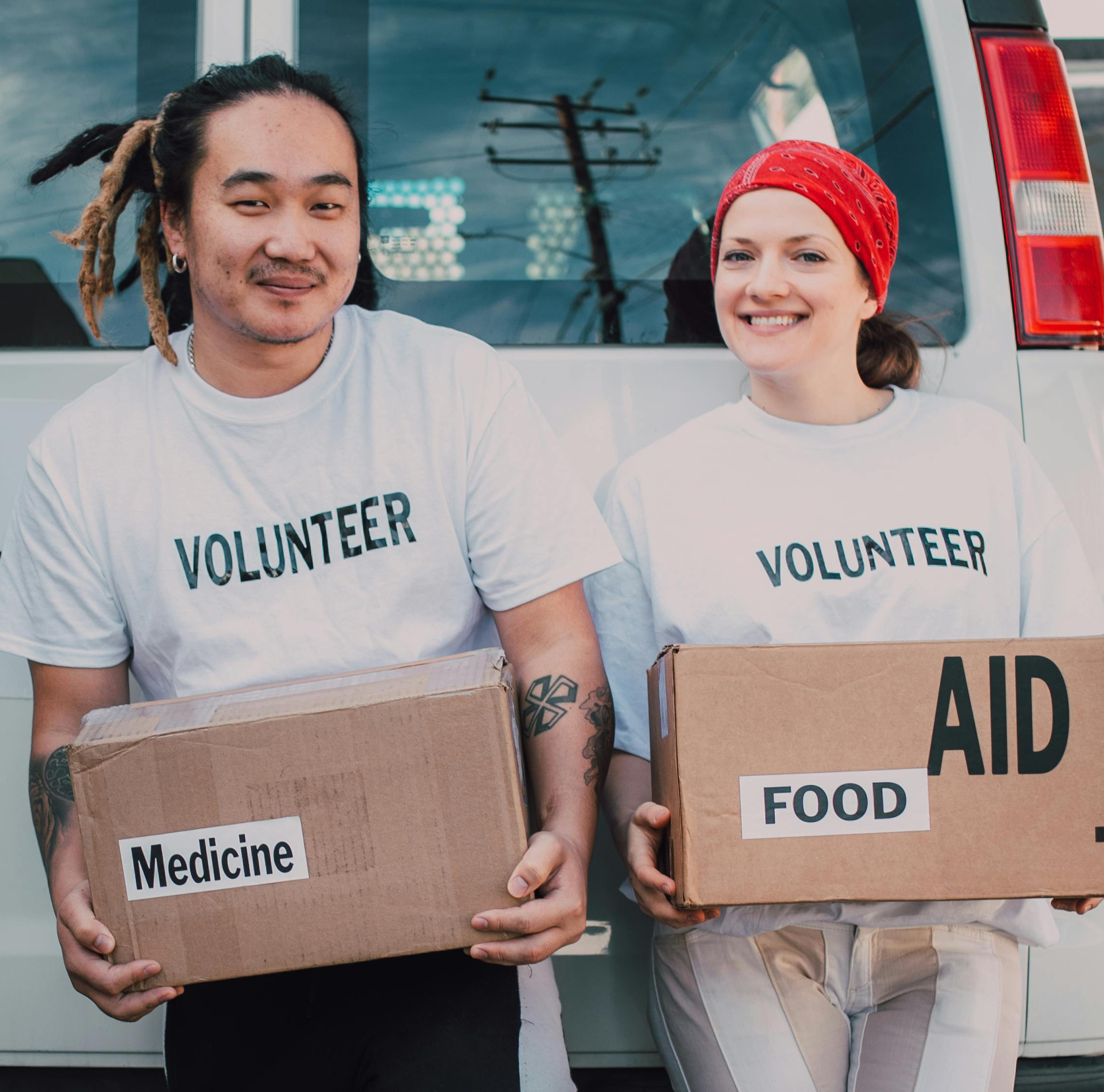
There’s a plethora of causes and activities you can support through volunteering.
If you’re looking for inspiration, here’s some food for thought on different ways you can volunteer:
- Help out at a food bank
- Serve in a soup kitchen
- Lend a hand at a homeless centre
- Volunteer at an animal shelter
- Care for children at a residential home
- Visit seniors at an elderly home
- Make caring cards for nursing home residents
- Assist at a hospital or local hospice
- Host a beach clean or public space clean up
- Build homes for people in need
- Coach a sports team
- Tutor a child
- Mentor a young person
- Assist with activities for people with disabilities
- Read or record stories and articles for the visually impaired
- Exercise for charity miles
- Run a food, toy or clothes drive
- Organise a fundraiser
- Share your talents, e.g. writing, design, photography, etc.
- Support a school improvement project
- Partake in recycling initiatives
- Engage in environmental service, e.g. plant trees, maintain trails, etc.
- Support humanitarian aid and disaster relief efforts
- Aid your church
- Join a non-profit committee
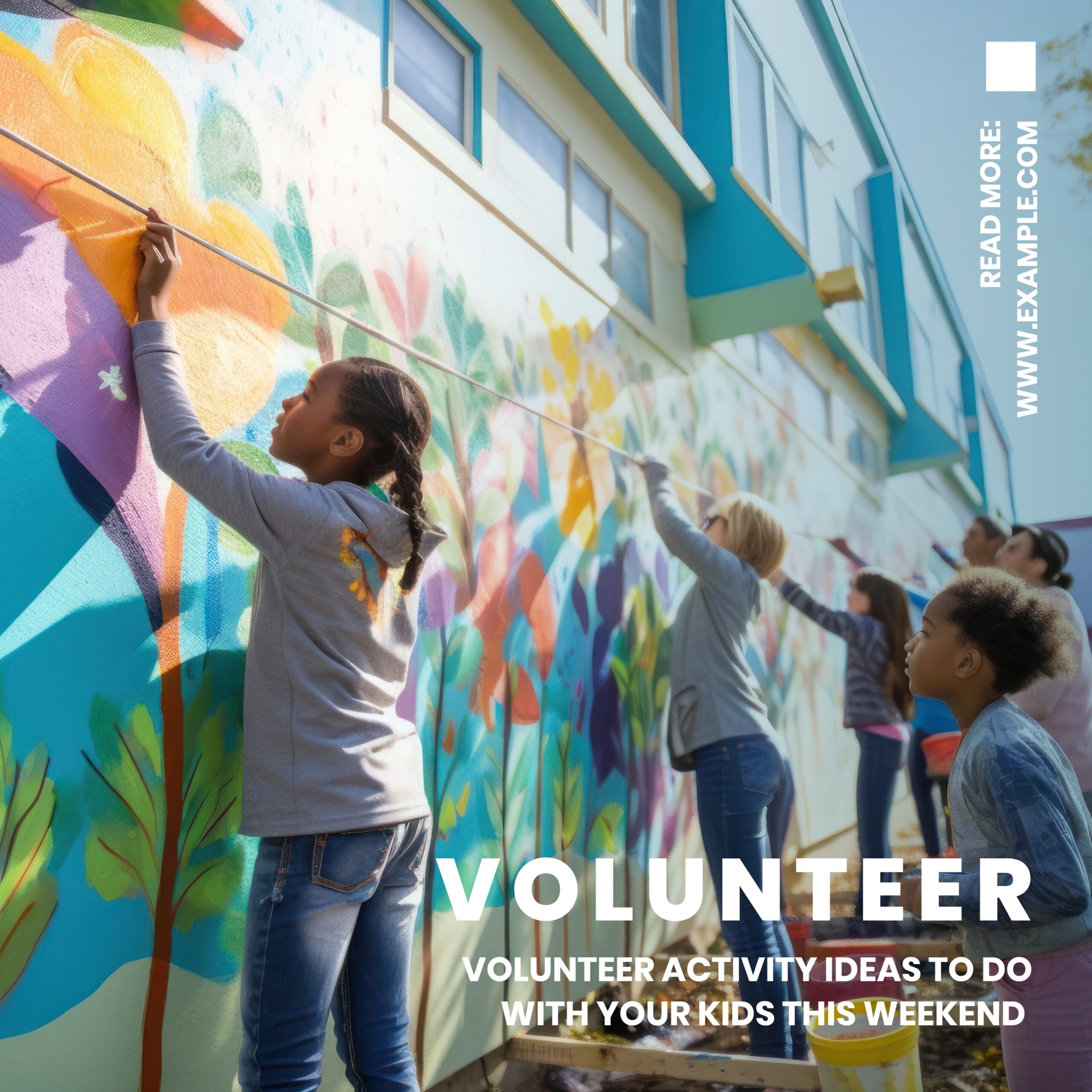
Volunteerism does a world of good both for the volunteer and the individual, non-profit organisation or community that is served.
Personal benefits you’re likely to experience include:
- a greater sense of purpose
- higher levels of life fulfilment
- a more meaningful belonging within your community
- a strengthened sense of identity and self-worth
- increased confidence and self esteem
- better mental and physical health and wellbeing
- enhanced social connection with others who share similar values
- improved work life balance
- opportunities to develop new skills and interests
- opportunities to get involved with causes you care about
- feelings of happiness and satisfaction that come from giving back

Most people volunteer around their interests or causes that are close to their heart.
For instance, if you love dogs, you might like to volunteer at a canine rescue shelter. Or, if you’ve a loved one who has been through the experience of breast cancer, you may wish to volunteer at a breast health charity.
Once you understand what you’re passionate about, you can look for a role that is a good match.
It helps to be honest about what’s motivating you. That way you can focus on opportunities that suit your goals, preferences and interests.

The great thing about volunteering is you get to choose how often to volunteer.
Whatever you decide, make sure the time commitment fits your lifestyle. For example, many people volunteer outside of work hours like in the evenings or weekends. Others prefer to volunteer for one-off events or lend a hand once a week or per month.
Certain roles may request a regular ongoing fixed schedule or time period, whereas most do not. Either way, it’s best to begin with a manageable commitment. Then, if your time allows, you can gradually increase your participation.

Absolutely not. Although some roles might ask for specific skills and qualifications, the majority simply call for a little enthusiasm and willingness to help out.
Given this, anyone can volunteer. Besides, training is usually made available to volunteers if needed.

Volunteers do not receive employment contracts. In turn, you do not have the same rights as a paid staff member.
That said, you could receive a volunteer agreement that lays out:
- the duties you will perform if you accept the role.
- the support the organisation will provide, e.g. supervision and training.
- the duration of the agreement.
- details pertaining to items such as insurance, expenses, health and safety issues.
You could be asked to sign the agreement to acknowledge you’ve read and agreed to the terms. Such agreements are not mandatory. However, they often explain what you can expect from the group with whom you’ve decided to volunteer.
In addition, although the above does not constitute a contract, volunteers should receive full protection of human rights when engaging in civic participation. Visit the National Council for Voluntary Organisations (NCVO) for more information.
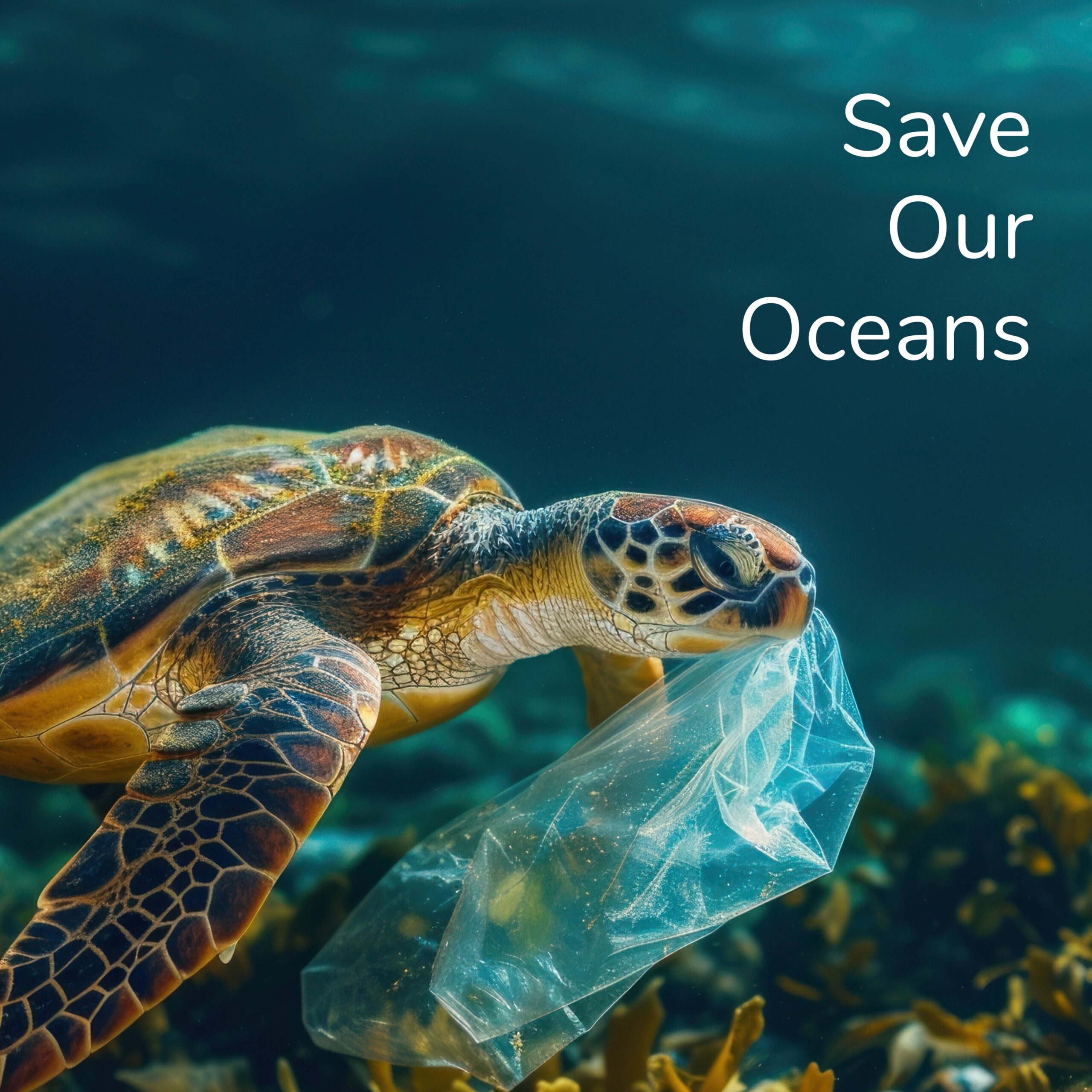
Volunteering overseas can be a hugely rewarding experience. It’s a chance to positively contribute to another community and immerse yourself in a foreign culture. It’s also likely that you will meet like-minded travellers and experience personal growth.
Often all it takes is a simple website search to uncover an array of available volunteer programmes worldwide. From working with children in Africa to wildlife conservation in South America, there’s something for everyone.
With a rise in popularity of volunteer travel holidays, be aware some programmes are paid placements. In other cases, a non-profit might offer to house and feed you, but expect you to cover your own travel and transport expenses, e.g. visas, vaccinations, flights and insurance.
When it comes to finding a volunteer project abroad, start your search by looking on reputable platforms like UN Volunteers, Idealist and VolunteerMatch. Moreover, it can be worth checking for opportunities with government agencies and international NGOs.
In the planning stages, try to:
- understand why you wish to help out abroad
- research many different organisations
- review the associated costs and benefits
- pick a suitable project and destination
- prepare yourself for the experience
- evaluate the likely impact and what you’ll learn
To assess if an organisation is genuine, it’s a good idea to check their:
- history and track record in hosting volunteers.
- suggested itinerary and what’s included from travel arrangements and accommodation, to insurance, on-site support and provisions.
- partners, sponsors and other local associations with whom they collaborate.
- mechanisms for monitoring projects and maintaining quality assurance.
- safeguards and support they’d provide in the event you must return home early.
- past volunteer reviews, e.g. experiences, likes, concerns and complaints.
A reputable organisation will be inclined to show a commitment to volunteer wellbeing and safety, plus that of the communities they serve.
You must also plan ahead of any trip abroad to stay safe and healthy during your travels. For instance, make sure to:
- check the latest travel advice for the country you’re visiting, e.g. information on entry requirements, health, safety, local laws, etc.
- acquire the appropriate level of travel insurance, e.g. your policy should cover all planned activities and sports.
- only travel if you’re physically and mentally fit and well. Consult a qualified travel health specialist beforehand for latest health advisories, required vaccinations, malaria medication, etc.
- confirm that your passport meets the entry requirements of the country you’re travelling too. Acquire visas and referral letters if necessary.
- keep emergency copies of valuable documents like your passport and credit cards. Take a copy with you and leave copies at home where someone you trust can access if need be.
- avoid financial difficulties while abroad by ensuring you can access sufficient funds to cover unexpected costs or if you lose or run out of money.
- make a note of the contact details for your local embassy, consulate or high commission before you depart for your trip.
- stay up-to-date before and during your travels on the latest advisories and advice.
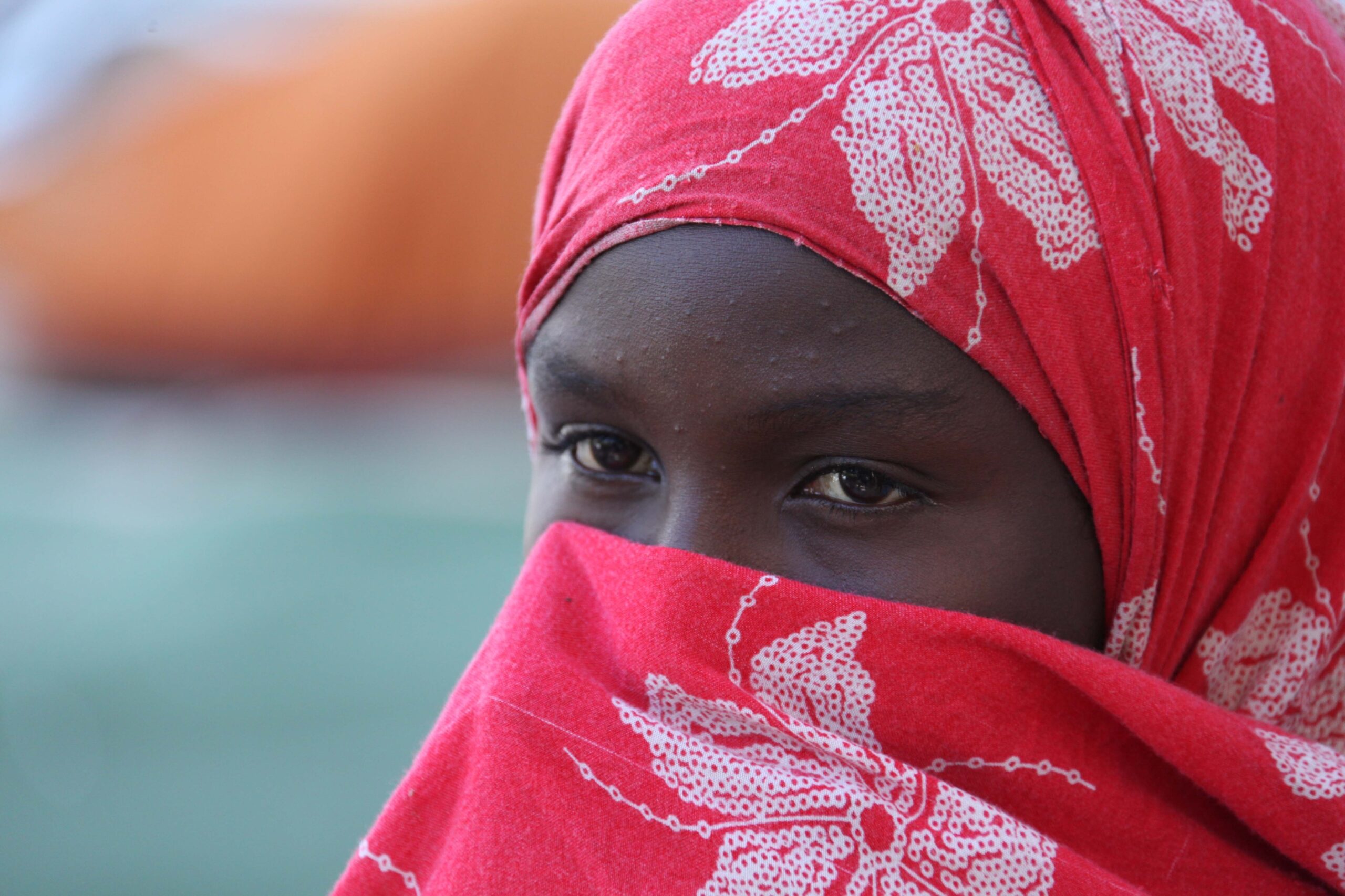
Across the world, volunteers are making a major contribution to the social welfare, economic well-being and environmental health of their communities.
Bridging the Divide was launched as a movement to encourage more people to roll up their sleeves and help out.
The campaign offers helpful resources to those interested in volunteering so together we can make a positive difference…one act of kindness at a time!
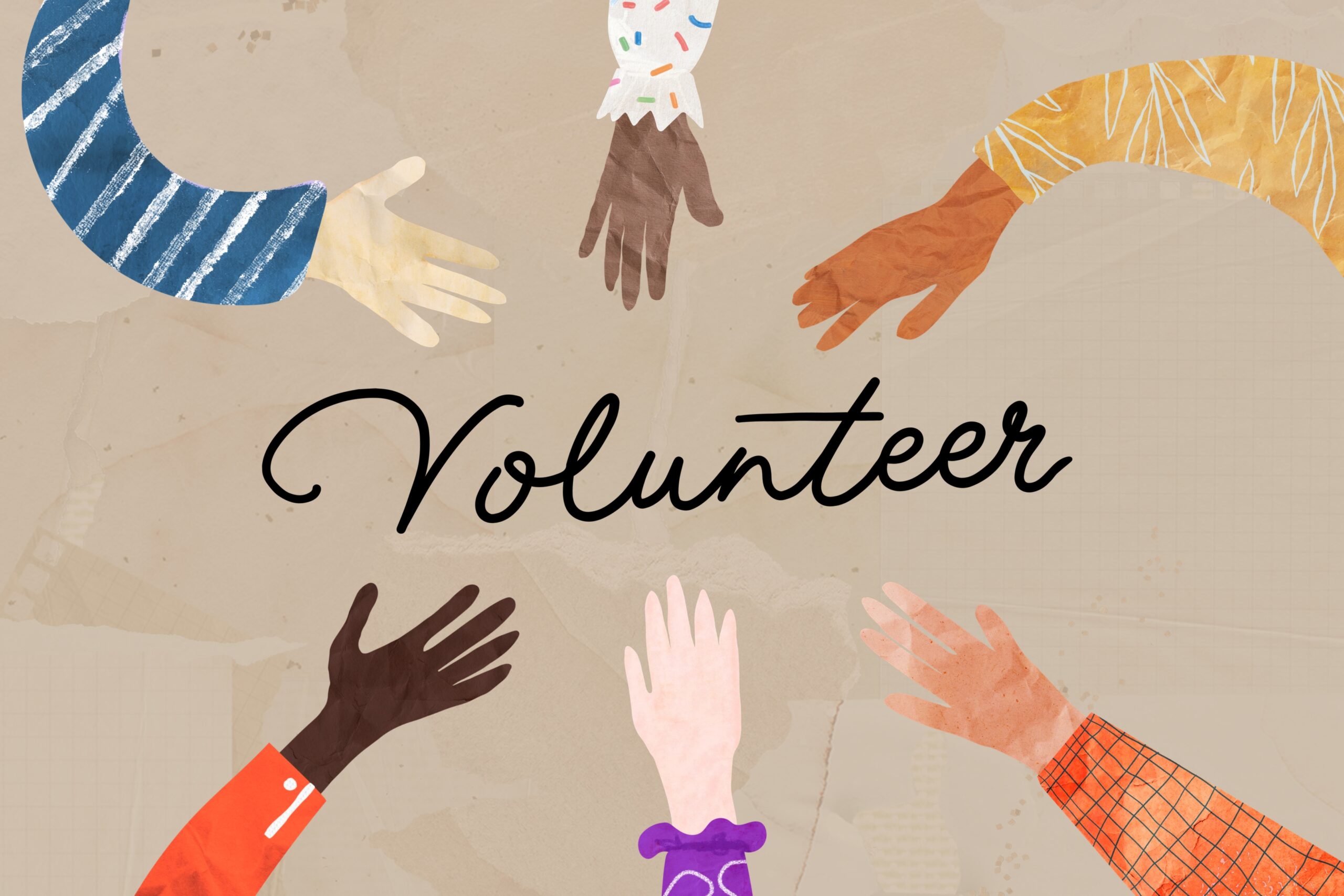
Thanks for your interest to lend a hand. The more of us that help out, the bigger the impact we can make.
Here’s some places and spaces to find more support and information.
You might also like our ‘Hit Lists.‘ They’re compilations of our favourites including volunteer books, tools, matching platforms, apparel, appreciation gifts and much more.
